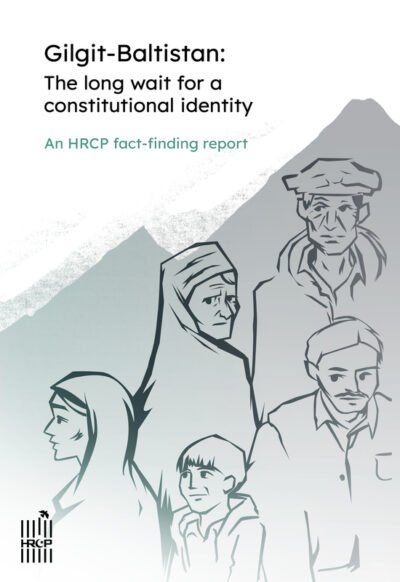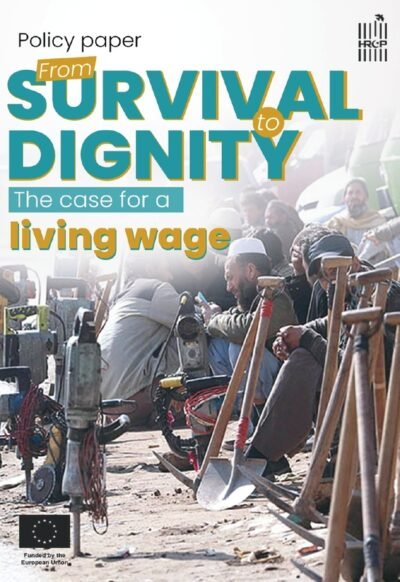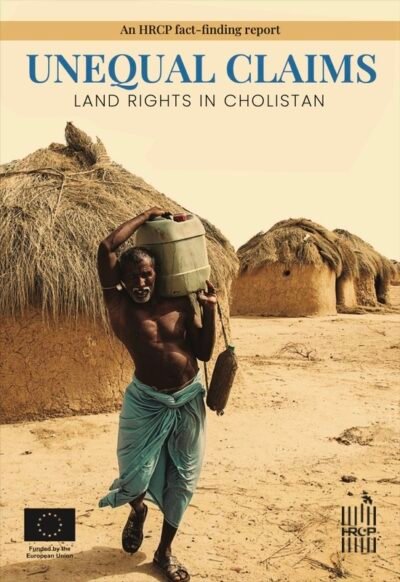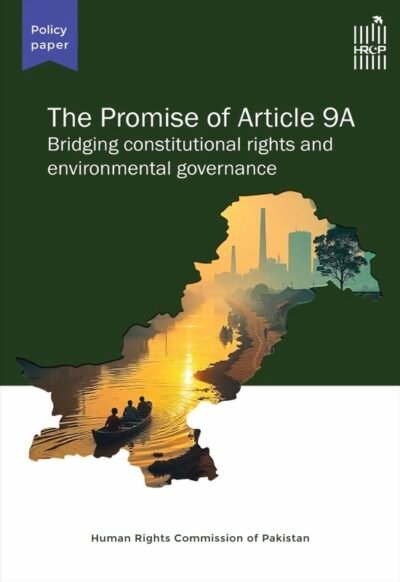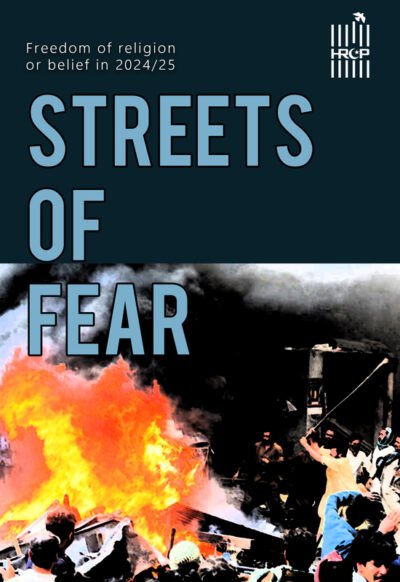Gilgit-Baltistan (GB), which remains a de facto administrative unit of Pakistan—its citizens deprived of the right to political representation at the level of Parliament—has long been an area of concern for the Human Rights Commission of Pakistan (HRCP). The organisation continues to advocate that GB’s people should enjoy the same fundamental rights as all citizens and residents of Pakistan. Accordingly, HRCP carries out high-profile fact-finding missions to GB periodically to assess the state of human rights in the area and recommend to policymakers measures that would alleviate the grievances documented during these missions. To this end, HRCP led a mission to GB during 4–9 June 2022, comprising HRCP Council members Salima Hashmi and Muzaffar Hussain, senior journalist Ghazi Salahuddin, and staff members Israruddin Israr (Gilgit), Zaheera Siraj (Gilgit), and Nadeem Abbas (Islamabad). The aims of the mission were to:
– Assess the implications of the political status of GB for the local population.
– Determine the extent and impact of curbs on freedom of movement, expression, association, and assembly in the area.
– Establish facts concerning the misuse of anti-terrorism laws—especially under Schedule IV of the Anti-Terrorism Act 1997—against human rights defenders and political activists.
– Assess people’s access to digital rights in GB.
– Examine the factors responsible for the reported rise in sectarian tension. – Identify why the number of blasphemy cases registered in GB had surged in recent months.
– Investigate the forced acquisition of community-owned lands by the state for various purposes—including projects under the purview of the China-Pakistan Economic Corridor (CPEC)—and assess the impact of this acquisition on local populations facing displacement.
– Investigate the impact of climate change in GB, with a focus on climate justice.
The team visited the towns and districts of Skardu, Gilgit, Shigar, Sost, Aliabad, Gulmit, and Ghizer, holding focus group discussions, consultations and key informant interviews in each location. The mission concluded with a press conference held in Gilgit on 8 June 2022. During its five-day visit, the mission met representatives of political parties, civil society organisations, women’s rights activists, the legal fraternity, religious groups, the trader 2 community, labour leaders, student leaders, victims of natural disasters and armed conflict, and government functionaries. This report draws primarily on respondents’ oral testimonies and key informants’ analysis of the human rights situation.
Given the complexity and diversity of the issues affecting the area, HRCP made every effort to hold extensive deliberations to document stakeholders’ perspectives, the challenges they faced, and the solutions they presented. HRCP is grateful to all those respondents who took the time to speak to the team (including many who travelled from other parts of the area to meet the mission) or helped obtain information on the human rights situation in GB.


